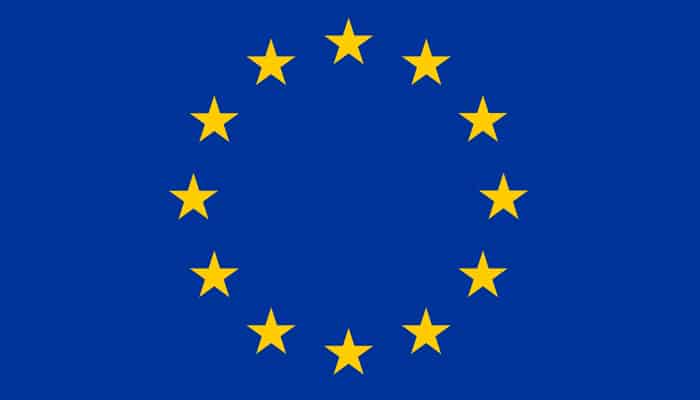
Article réservé aux abonnés


Annex II of Regulation (EU) 1169/2011 sets out a list of substances or products that cause allergies or intolerances in sensitive individuals. Consumers must be informed of their presence in foodstuffs.
An amendment to this annex has just been published in Regulation 2024/2512.
Mustard seeds are one of the allergens that must be labelled.
EFSA has issued an opinion on the likelihood of adverse reactions in susceptible individuals following the ingestion of behenic acid derived from mustard seeds and used, under specific conditions, in the manufacture of emulsifiers E470a (sodium, potassium and calcium salts of fatty acids), E471 (mono- and diglycerides of fatty acids) and E477 (propane-1,2-diol esters of fatty acids).
It concluded that it is extremely unlikely (probability ≤ 1%) that oral consumption of these emulsifiers would trigger an allergic reaction in people allergic to mustard under the proposed conditions of use.
As a result, Regulation 2024/2512 removes emulsifiers made with behenic acid from mustard seeds (E 470a, E 471 and E 477) from the list of products that cause allergies.
Point 10 of Annex II to Regulation 1169/2011 is replaced by :
Mustard and mustard-based products, with the exception of :
behenic acid with a minimum purity of 85% obtained after two distillation stages used in the manufacture of emulsifiers E 470a, E 471 and E 477.
The regulation will apply from 01/04/2025.
Article 2 of this regulation specifies that foodstuffs legally placed on the market or labelled before 1 April 2025 which do not comply with this regulation may be marketed until stocks of these foodstuffs are exhausted.
Your Phytocontrol laboratory can analyse the 14 allergens subject to compulsory labelling. You can consult our COFRAC technical appendix N°1-1904 available in your customer area or on the COFRAC website.
Need technical, regulatory or pricing information? Our customer service is available from 8am to 6.30pm Monday to Friday on +33 800 900 775 or service-clients@phytocontrol.com.
And if you don't want to miss any Phytocontrol news, join us on our LinkedIn page!




